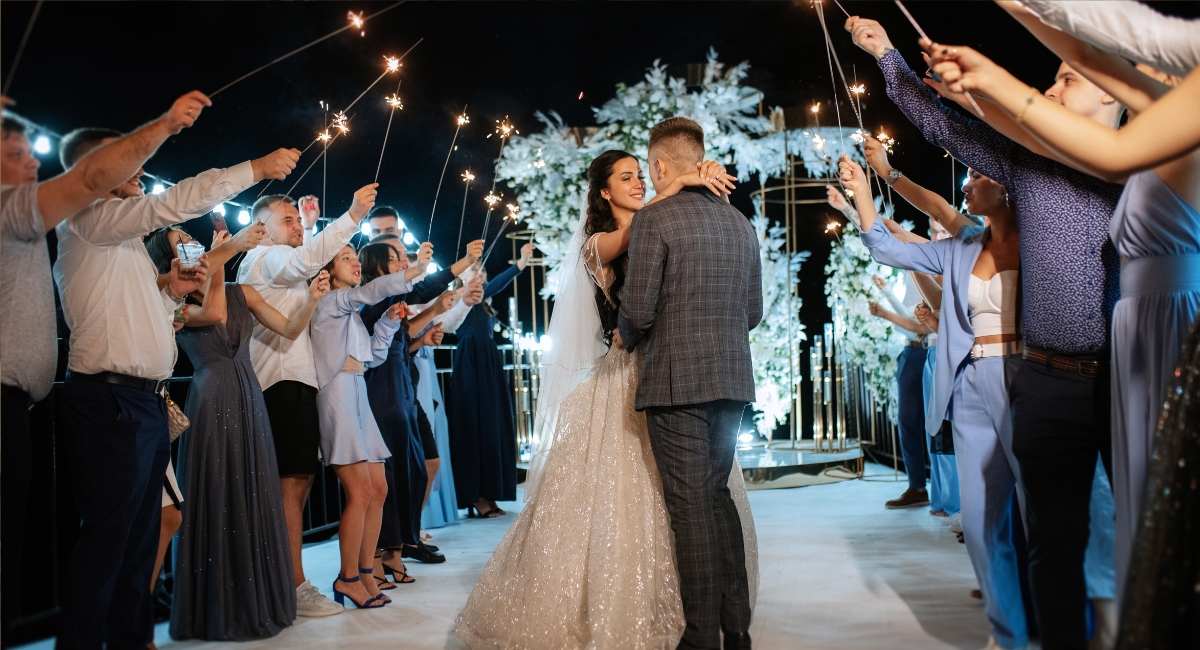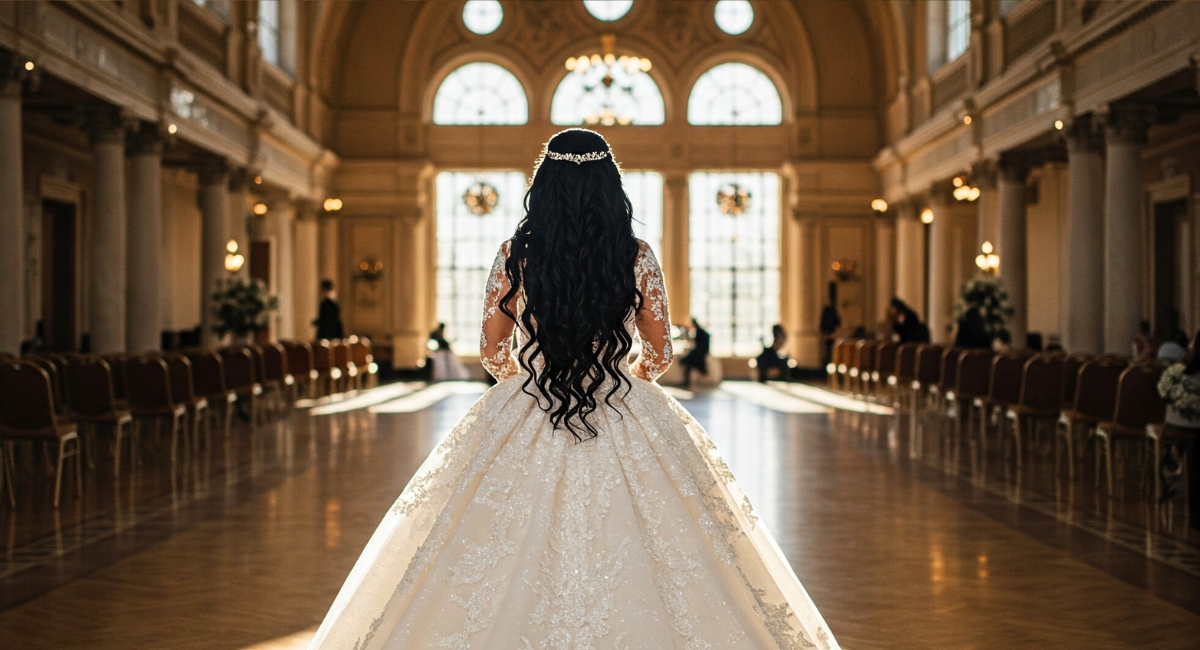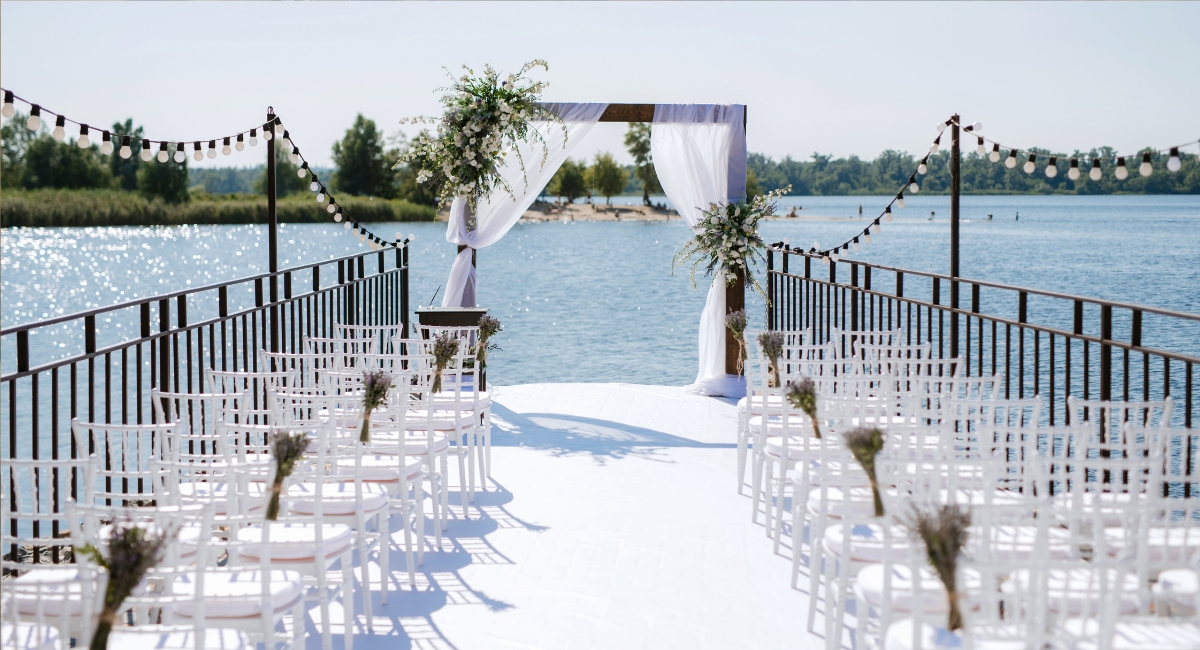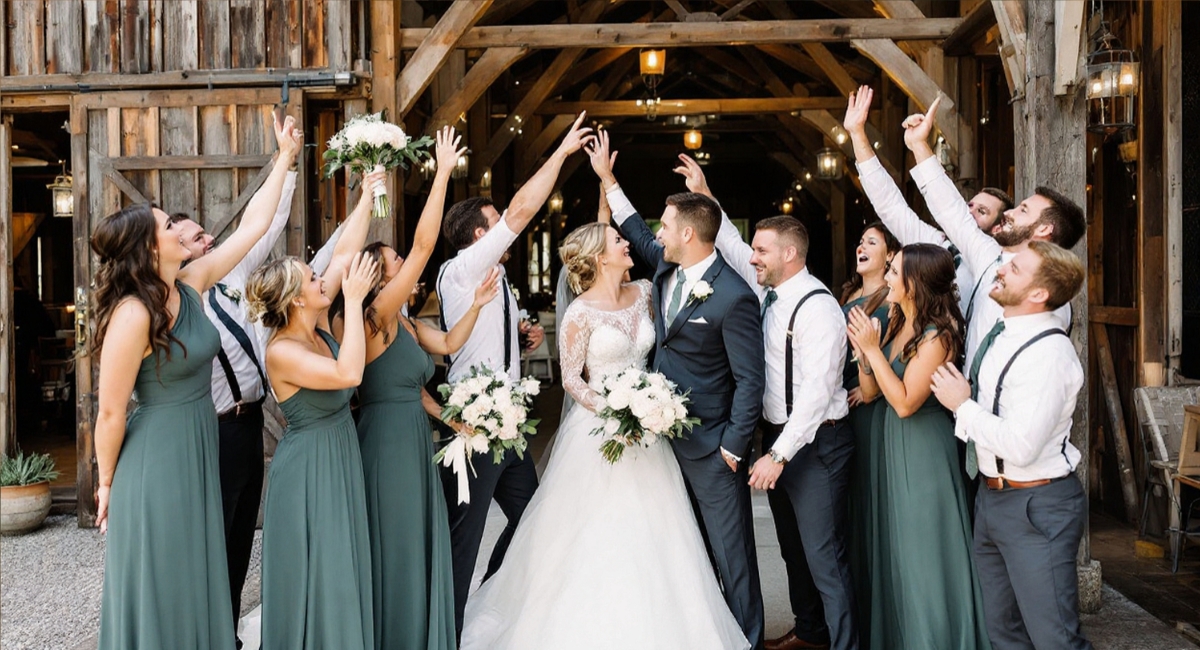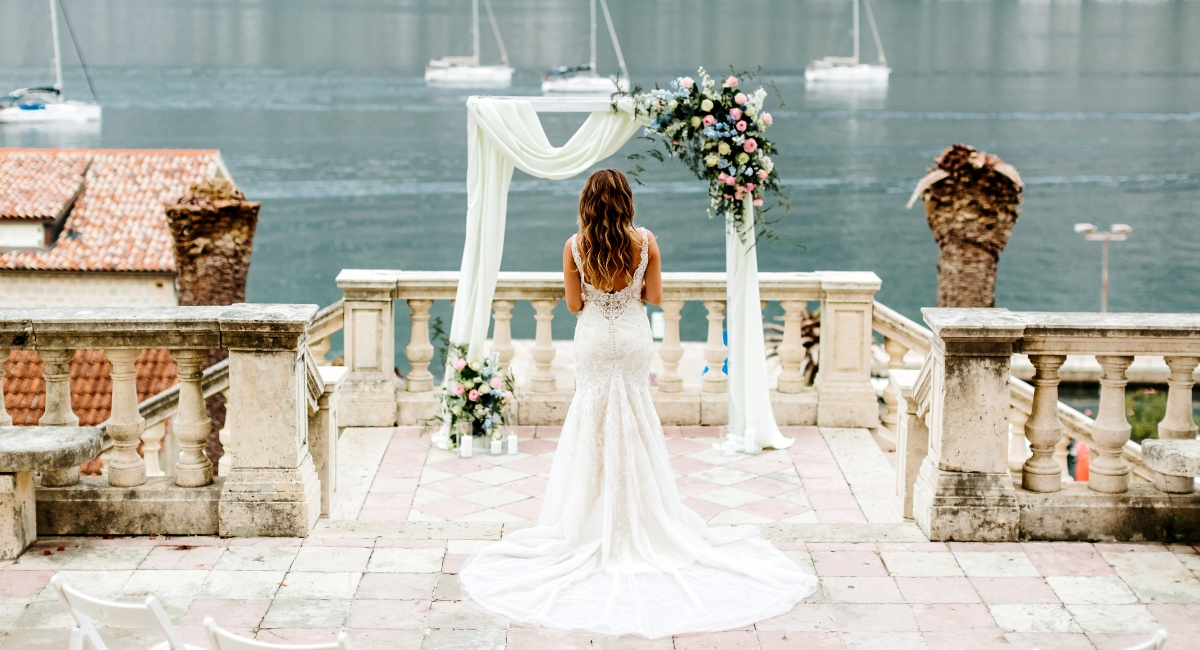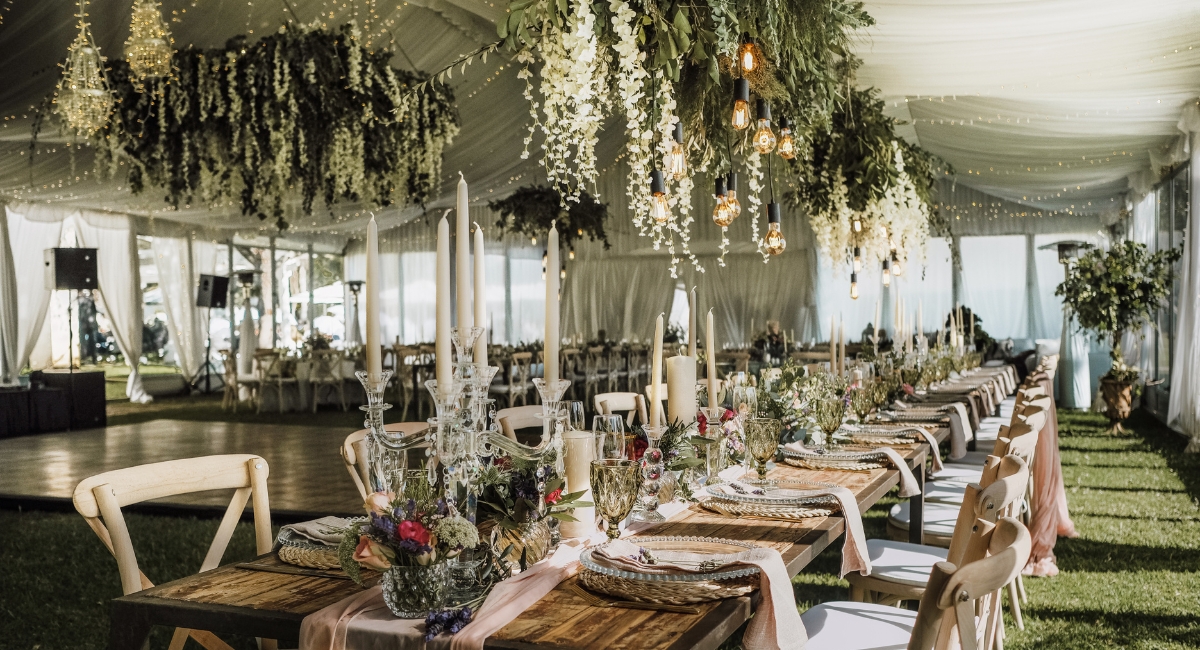RSVPs are crucial in wedding planning, allowing couples to efficiently finalize guest counts and catering arrangements. These responses provide an accurate estimate of who will be celebrating the big day along with you and assist in ensuring that your venue, food, and beverage requirements are met precisely. The timing of when you ask guests to RSVP for wedding can significantly influence the organization and success of your event. Let’s delve deeper into understanding when to send out wedding invitations with RSVP for your special day.
Understanding the RSVP Timeline
In most cases, wedding invitations are sent out about six to eight weeks prior to the event. To allow you ample time to finalize details with your vendors, the RSVP for wedding deadline should typically be set 3-4 weeks before the wedding date. This timeline allows guests sufficient time to confirm their attendance and enables you to collate this information effectively. Of course, this is a general guideline, and while it works for most, the specifics of your wedding—like its location or the proportion of out-of-town guests—may require adjustments to the RSVP timeline.
Factors Affecting RSVP Deadlines
Several factors can influence your RSVP deadline. The size of your wedding plays a significant role, as larger gatherings require more time for planning and preparation. Your venue may have specific deadlines for final guest counts, and your caterers will need time to prepare the appropriate amount of food. Destination weddings might necessitate an earlier deadline due to the need for guests to arrange travel and accommodation. In such cases, wedding planners often recommend setting RSVP deadlines at least two to three months before the ceremony. Personalizing your deadline based on these factors ensures a smooth planning process.
Coordinating with Key Vendors
Effective coordination with key vendors like caterers, venue managers, and event planners is crucial in the lead-up to your wedding day. Setting RSVP deadlines in alignment with their requirements ensures you can provide accurate guest counts, which are essential for finalizing critical details such as seating arrangements and food quantities. At Lumen Hall, we understand the significance of these details. Our team of experienced event planners will take care of the intricacies while you bask in the joy of your special day. Our coordinated wedding package includes everything from venue arrangements to collaborating with local food vendors, guaranteeing a seamless and delightful celebration. Our comprehensive approach at Lumen Hall not only eases the planning process but also ensures every aspect of your special day is harmoniously synchronized for an unforgettable experience.
Tips to Craft the Perfect RSVP for Wedding
When drafting your RSVP, ensure it’s clear, polite, and includes a deadline. For plus-ones, mention if they’re allowed explicitly in the invite to avoid awkward conversations later. Consider using digital platforms to organize responses; many wedding websites offer built-in RSVP tracking, helping you manage your guest list effectively. For traditional paper responses, designate a space at home where all responses can be collected and organized. Also, remember to follow up politely with guests who haven’t responded by the specified deadline, ensuring you have an accurate count for planning purposes.
Digital vs. Traditional Invitations
The choice between digital and traditional paper invitations can also impact RSVP timing. Traditional invitations require mailing time and might sit unopened for some time, necessitating earlier mailing and longer RSVP windows. On the other hand, digital invitations provide immediate delivery and offer quick response times, potentially allowing a shorter RSVP window. However, they require consistent internet access and might be considered less personal or formal. For a balanced approach, you can use digital invites for efficiency while also sending a paper RSVP for wedding invitations to provide a personal touch.
Managing Late Responses
Managing late RSVP responses can be a tricky part of wedding planning. If a guest misses the deadline, you should approach them with a gentle and polite reminder. You can explain the importance of their timely response, detailing how it impacts catering and seating arrangements. A friendly phone call, email, or text message can be effective. Alternatively, you could ask a family member or close friend to follow up if they are more comfortable doing so. Ensure you communicate clearly and kindly, emphasizing that their confirmation is vital to the event’s success.
The Impact of ‘Save the Date’ Notices
‘Save the Date’ notices can have a significantly favorable impact on the RSVP process. When sent well in advance, ideally six to eight months before your wedding, these notices give your guests plenty of time to mark their calendars, make travel arrangements, and plan around your event. This advance planning can lead to quicker RSVP responses when you send out your formal invitations. While ‘Save the Date’ notices are particularly beneficial for destination weddings or holiday weekend weddings, they can streamline the RSVP process for any wedding, making it smoother and more efficient.
Parting Thoughts
The timing of sending RSVPs for a wedding significantly matters. This hinges on factors like the nature of the wedding, guest count, and vendor deadlines. Ideally, sending out invites 8-12 weeks in advance with an RSVP deadline of 2-3 weeks before the occasion is recommended. For destination weddings, the timeline may alter to accommodate travel arrangements. Remember, it’s crucial to allow ample time for both the guests to respond and for you to manage any late responses or changes. An appropriate RSVP deadline ensures a smoothly executed, well-organized wedding event, contributing significantly to your special day’s success.


